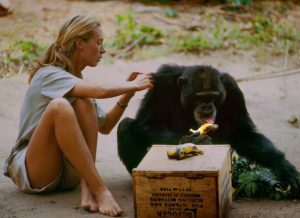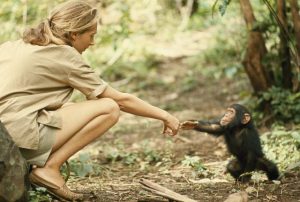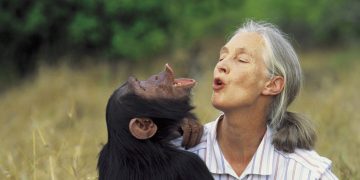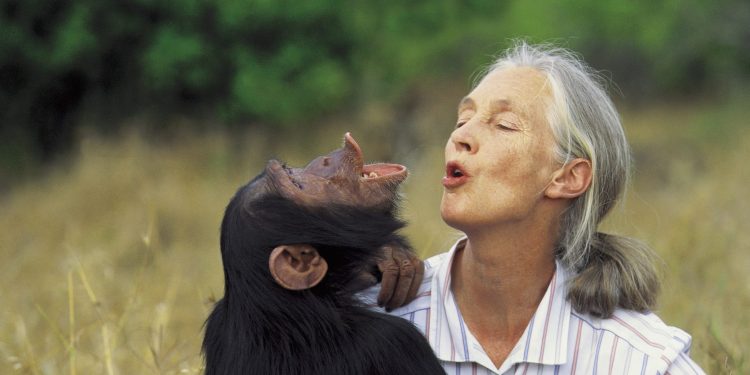London — Dame Jane Goodall, the celebrated British primatologist, ethologist, and conservationist whose pioneering work transformed global understanding of chimpanzees, has died at the age of 91.
The Jane Goodall Institute confirmed her passing on Wednesday evening, saying she died of natural causes while in California, where she had been on a speaking tour.
“Dr Jane Goodall DBE, UN Messenger of Peace and founder of the Jane Goodall Institute, passed away from natural causes. She was in California as part of her speaking tour in the United States,” the Institute said in a statement. “Her discoveries transformed science, and she was a tireless advocate for the protection and restoration of the natural world.”

Born in London in 1934, Goodall began her groundbreaking study of wild chimpanzees in Gombe Stream National Park, Tanzania, in 1960. With no formal science degree at the time, she relied on patience, observation, and persistence, leading to discoveries that challenged scientific orthodoxy — including evidence that chimpanzees use tools, show emotions, and have complex social structures.
In 1977, she founded the Jane Goodall Institute, which has since grown into a global organization dedicated to conservation, community-led projects, and youth education. Her “Roots & Shoots” program has inspired millions of young people worldwide to take action for animals and the environment.
Often described as one of the world’s most influential conservationists, Goodall was appointed a UN Messenger of Peace in 2002 and continued to travel extensively into her 80s, urging greater protection for biodiversity, climate action, and sustainable development.

Reflecting on her legacy, the Institute wrote: “With little more than determination, a notebook, and her childhood toy chimpanzee Jubilee, Jane’s journey began. What she achieved transformed science — and the world.”
Goodall is survived by her family, colleagues, and millions of admirers whose lives she touched with her lifelong message of hope, compassion, and respect for all living things.
By NationalWorld











